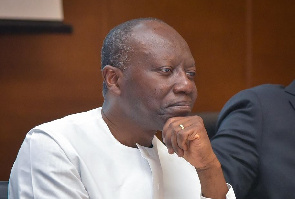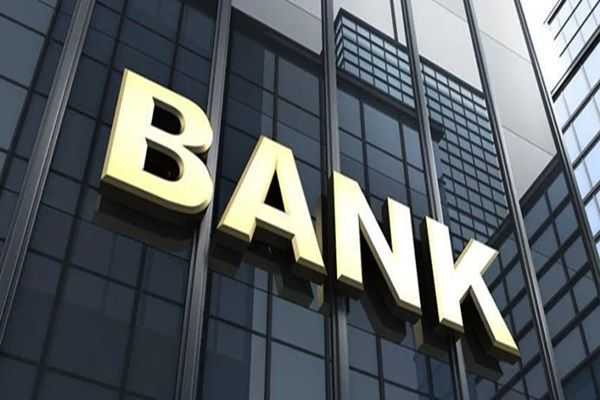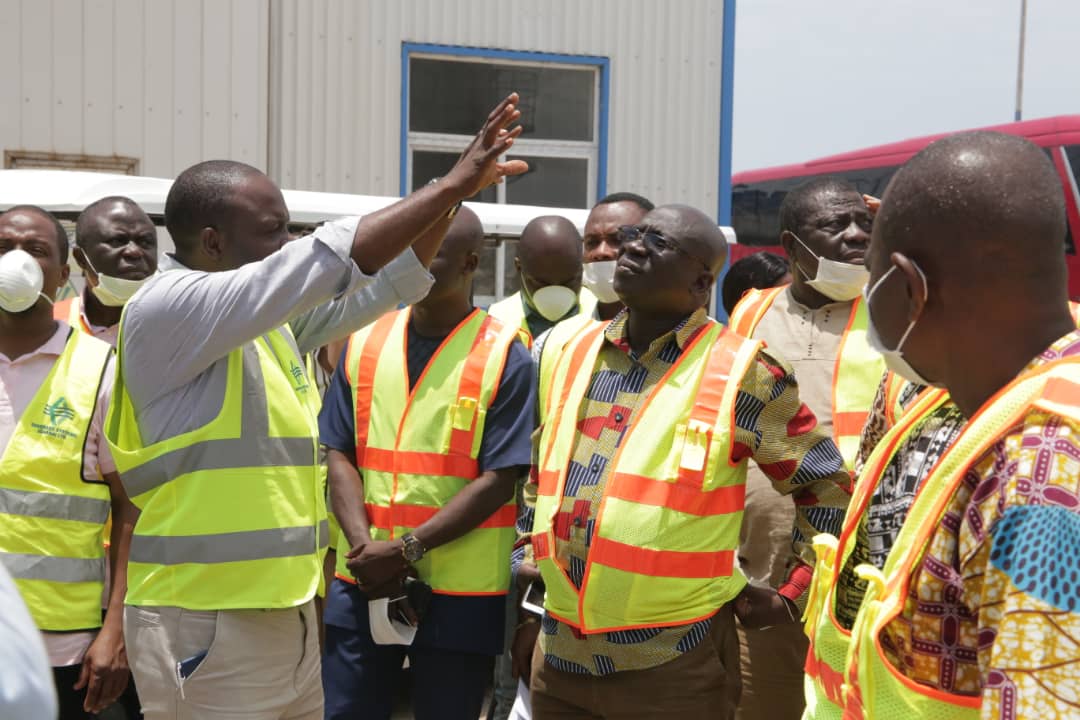We won’t go to IMF again – Ofori-Atta

Finance Minister, Ken Ofori-Atta has ruled out another romance with the International Monetary Fund (IMF), maintaining that sufficient macroeconomic gains have been made to prevent a return to the UN-backed institution.
“The expectation of all of this is that we are consistently on top of the macroeconomics of the country, and making sure that we work within the budget Parliament will have approved.
“In addition to that, we have set up the Economic Planning and Coordinating Council so we don’t have any slippages in the macro and fiscal policies. We feel good about where we are,” he told B&FT in an interview on Thursday in Accra.
According to him, Article 4 of the framework provides that they continue to engage with the IMF, but nonetheless the country is looking forward to working on “disciplining ourselves”.
Presenting a statement to Parliament on completion of the Extended Credit Facility (ECF) programme with the IMF, the US$3 billion Eurobond issuance, the developments on the foreign exchange market and the cedi, as well as the visit of the World Bank Vice-President for Africa, he expressed optimism of the economy’s revival.
He indicated that the gains made have resulted in a rising and broad-based GDP growth momentum, with the economy growing by 6.1% (end Q3 2018 average); 8.1% in 2017; and 3.4% in 2016.
On what occasioned the IMF programme, he explained that in 2012 before the general elections, Ghana recorded a deficit of 11.5% of GDP – the highest deficit on record in the fourth republic – with the IMF calling for urgent measures to restore macroeconomic stability.
Ghana signed up to a three-year ECF programme in April 2015, which entailed a total of eight programme reviews twice a year, with a total expected inflow for the three-year period to be US$914m.
By April 2nd 2019, an official announcement is expected to signal an end to the three-year ECF programme with the IMF, noted the minister.
Bi-partisan team for cedi
Mr. Ofori-Atta announced that a bi-partisan committee will be set up to ensure stability of the cedi.
“The president has directed that I investigate the structural causes for depreciation of the cedi, and propose measures to address the situation.”
Mr. Ofori-Atta also stated that certain steps need to be taken to strengthen the cedi’s resilience against its major trading currencies.
Among those steps is included: enhancing transparency of the foreign exchange market to minimise information asymmetry and panic-buying of currency by businesses and the public when there are seasonal blips in the currency; to develop the country’s capital market, insurance and pension industries to ensure government domestic borrowing relies less on foreign portfolio investors.
US$21 billion Eurobond rush
Furthermore, he stated that the country’s US$3 billion Eurobond roadshow generated strong interest, with peak orders in excess of US$21 billion – representing a 7-fold over-subscription.
“Our final order-book closed at US$17.2billion, which was the highest order-book ever achieved in sub-Saharan Africa.”
On the World Bank Vice-President for Africa’s visit, he indicated that the Bank expressed willingness to assist Ghana export some of its excess energy to other countries in West Africa.
They also revealed their desire to increase Ghana’s window by US$2 billion, including doubling budget support to US$520m subject to certain prior actions.
Minority Leader, Haruna Iddrisu indicated that government should learn to grow and avoid blame-games, insisting that currently there is an expanded public service with NABCO coming on board.
He added that this has increased the country’s budget on compensation, which runs contrary to what the Finance Minister presented to parliament.
With regard to depreciation of the cedi, he maintained that reports indicate it remains the weakest currency in sub-Saharan Africa.
Source: thebftonline.com





